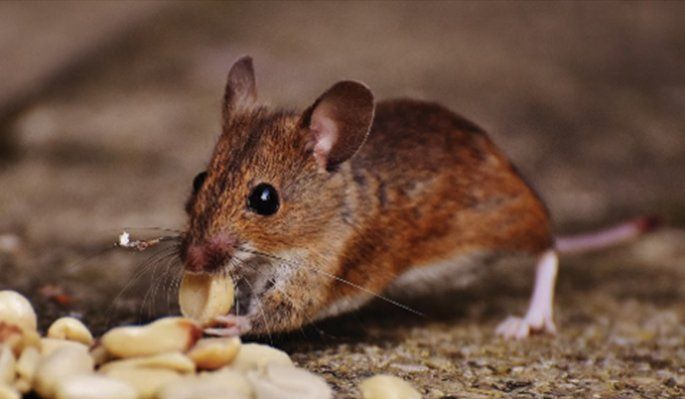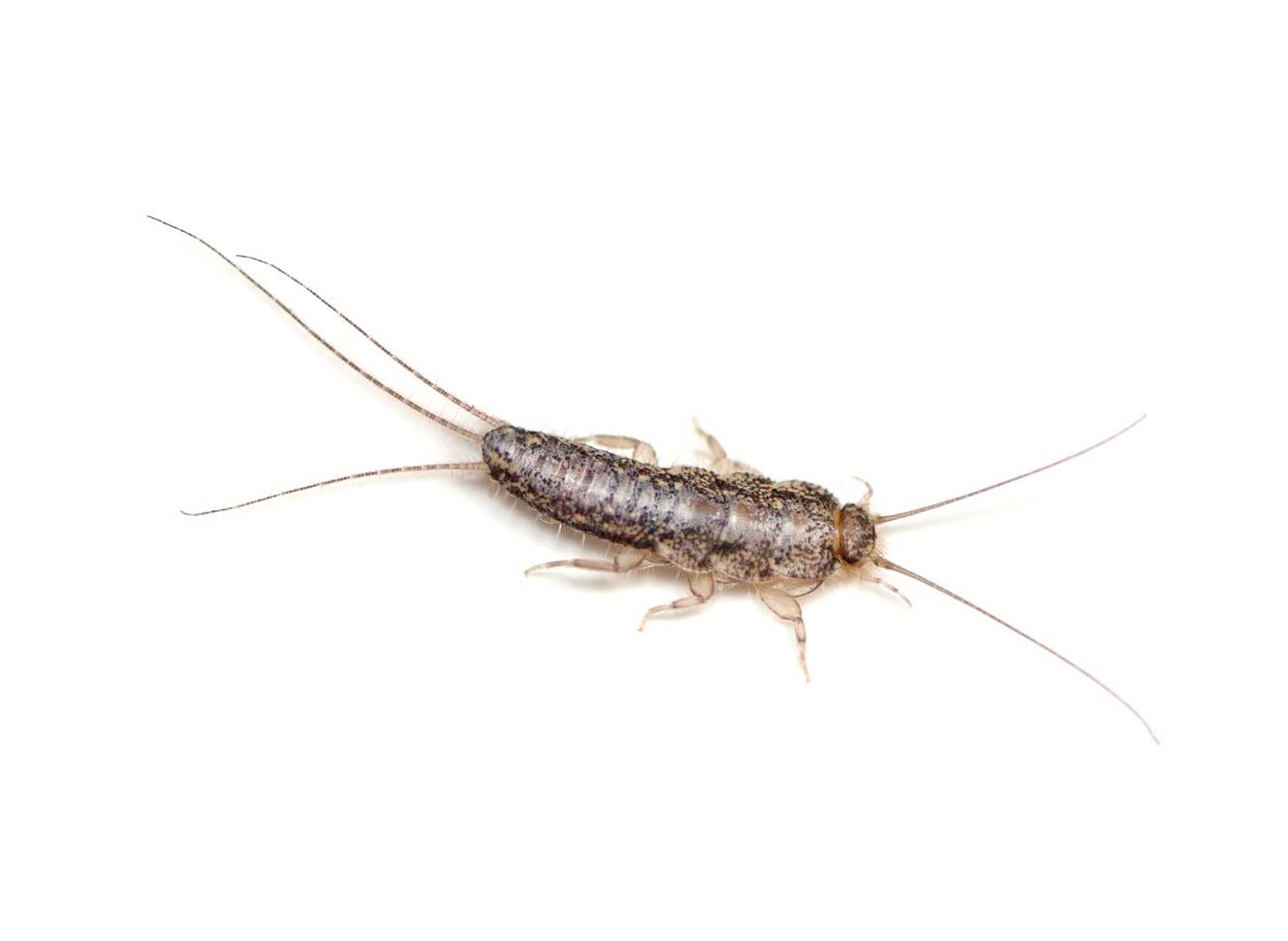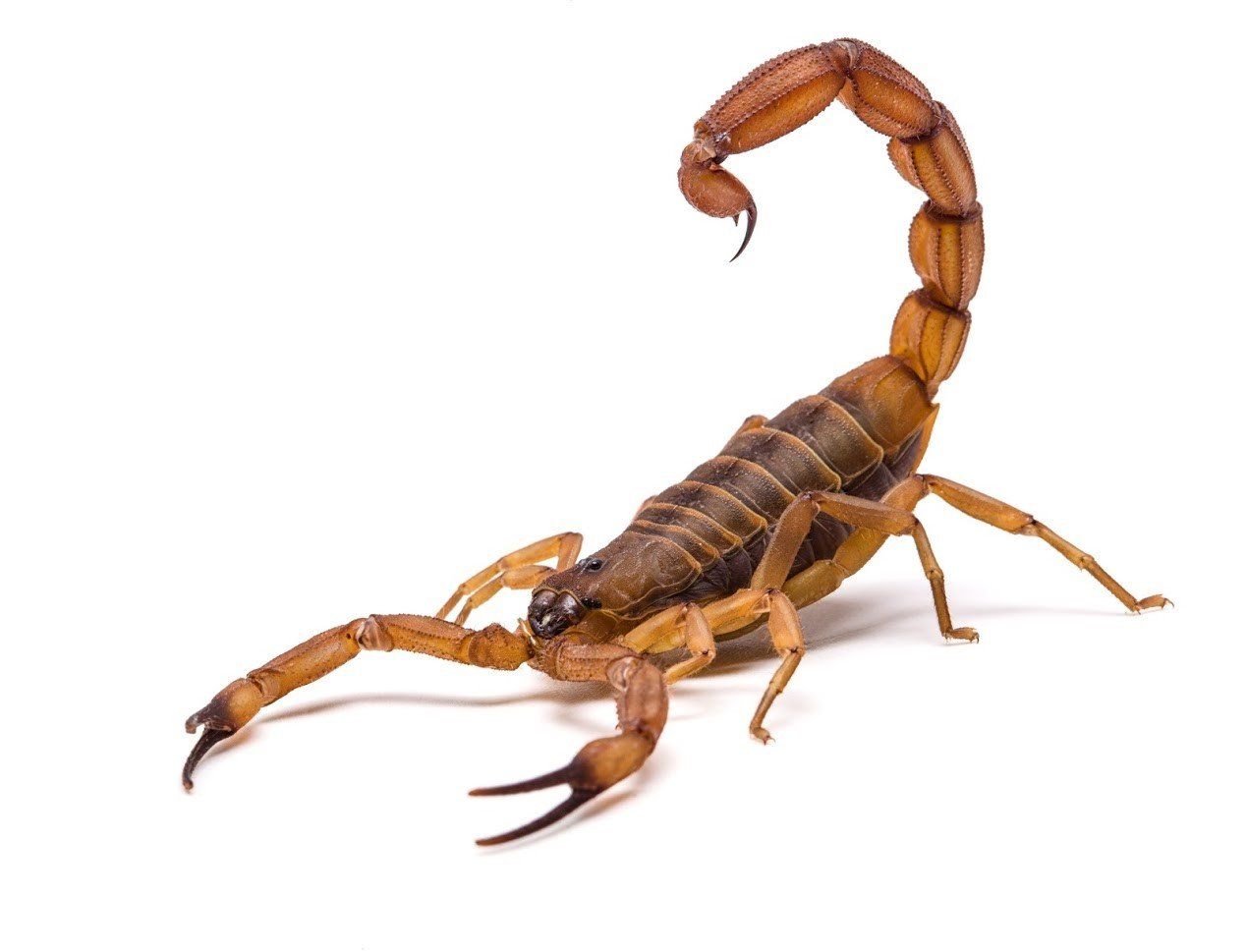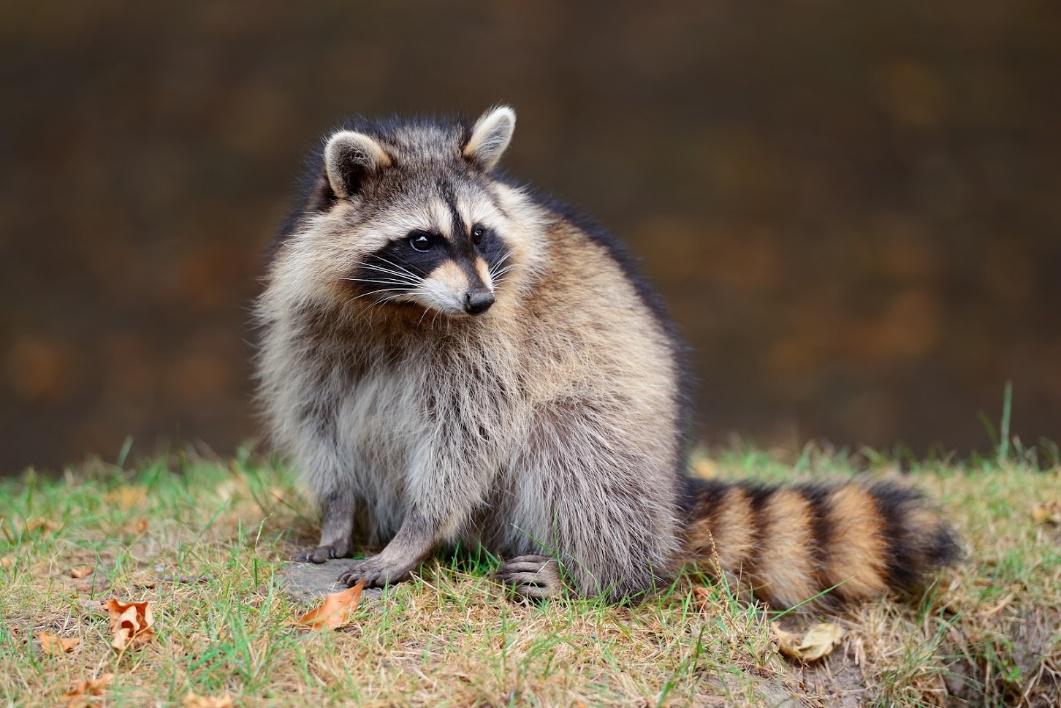Blog Layout
4 Fascinating Facts About Mosquitoes
April 3, 2019
If you've ever so much as visited Houston in the summer, then you're familiar with the city's mosquito problem. Likely because of the high temperatures and humidity, Houston is one of the most mosquito-riddled cities in the country. But most people, in spite of being swarmed with these biting bugs on a regular basis, don't know that much about them.
The more you know, the better you'll be able to keep the mosquitoes away. Check out these four fascinating facts about mosquitoes.
1. Mosquitoes Come in 3,000 Species
If that number overwhelms you, here's the good news: only around 176 of those species live in the United States. Of those 176 species, only a number of them live in Texas. And of those species, only four are really common nuisances:
Yellow Fever Mosquito
Formally known as Aedes aegyptii, this mosquito spreads yellow fever, Zika, and dengue fever. They only needs a small amount of water to breed, such as that in an old car tire or flower vase.
Asian Tiger Mosquito
Formally known as Aedes albopictus, this mosquito is very tiny, active in the daytime, and bites cats and dogs along with humans. They can spread West Nile virus and heartworms.
Common Malaria Mosquito
Formally known as Anopheles quadrimaculatus, this mosquito is most active at dusk and just before dawn. They spread not only malaria, but also West Nile virus and heartworms. These mosquitos loves to breed in water in which leaves and other vegetative debris are floating.
Common House Mosquito
Formally known as Culex pipens, this mosquito is most active at night. They feed on sources of sugar, like those found in sitting garbage and rotten fruit. They are also known to bred in old tires and bird baths, and they spreads meningitis and encephalitis.
2. Mosquitoes Detect Humans Using Chemical Sensors
Have you ever wondered how mosquitoes find you to bite you? They largely rely on chemical sensors, which detect carbon dioxide, lactic acid, and certain components of sweat in the air from up to 100 feet away.
People who sweat less tend to experience fewer mosquito bites because they give off fewer of these chemicals. DEET, a common ingredient in mosquito repellents, works by confusing the bugs' chemical sensors.
3. Mosquitoes Go Through Four Life Stages
Like most insects, mosquitoes go through four life stages: egg, larva, pupa, and adult.
The adult mosquitoes are the ones you see buzzing around and biting you. Adult mosquitoes lay their eggs in clusters of 100 to 400 in water, according to Placer Mosquito and Vector Control District.
These eggs hatch into larvae, which come to the surface to breathe. They molt several times, eventually changing into a pupa. Over the course of several days, the pupa develops into an adult.
Although exact preferences vary somewhat by species, all mosquitoes require water to complete their life cycle. Therefore, keeping your land dry is the underlying key to mosquito control.
4. Mosquitoes Hibernate in the Winter
Have you ever wondered where all the mosquitoes go when temperatures drop? They don't migrate like birds. Rather, when temperatures fall below 50 degrees, the adults lay one more batch of eggs, according to Pest World. Those eggs remain in a state of hibernation until temperatures rise again, at which point they develop into larvae.
Since temperatures in Houston rarely fall below 50 degrees F, mosquitoes don't have a long hibernation period in this area — although you may see far fewer of them in the spring and fall when the temperature is below 80 degrees.
As interesting as they may be, mosquitoes are a real nuisance. If you have trouble with copious numbers of mosquitoes on your land, give us a call. Beyond eliminating standing water, the experts at Southwest Exterminating can recommend solutions to keep your yard skeeter-free.
Share
Tweet
Share
Mail

June 14, 2019
If you have mice in your house, don't let them a minor problem turn into a major infestation. You might think that one or two mice in the attic isn't a big deal, but that's simply not the case. The common house mouse can give birth to between five and ten litters per year, with the average litter size being anywhere from 3 to 14 mice. Unfortunately, mice aren't mere nuisances; they're a major risk for you, your family, and your home. If you've discovered mouse activity in your home, here are five potential risks you face. 1. Chewed Electrical Wires If you've discovered mice in your home, you have to assume that they've found their way behind the walls, which is where most of the electrical wires are located. Unfortunately, mice will chew through anything they come in contact with, which includes the electrical wires. The first part of the wire that mice chew through is the protective cover. Once that's gone, the wires are left exposed, which increases your risk for electrical fires. 2. Damaged Attic Insulation If mice have found their way into your home, they'll make a beeline for the attic. After all, they'll find plenty of dark spaces to hide out in and an abundance of material for nest-building. Unfortunately, the material they'll most likely use is your insulation. Once they tear up the insulation for their nests, your home will lose out on the energy efficiency. Not only that, but the insulation that does remain in your attic will be saturated with mouse urine and feces, which will fill your home with unpleasant odors — not to mention the fact that mouse urine and feces cause breathing problems for humans and animals. In fact, the hantavirus pulmonary syndrome is commonly spread by mouse droppings. 3. Contaminated Counters and Food If mice leave the confines of your attic and walls, they usually head towards your kitchen, where they'll find plenty of food. Unfortunately, while they travel through your kitchen, they'll contaminate your counters and your containers — not to mention the contamination they'll introduce to the food that they attempt to eat in the cabinets. Contamination that is left behind by mice can pose serious health risks to you and your family. The contamination can also be costly since you'll need to replace all the food that the mice come in contact with. 4. Increased Allergic Reactions If mice are allowed to infest your home, you and your family run an increased risk of severe allergic reactions and breathing disorders. This is particularly true of young children, who have an increased sensitivity to rodent dander and droppings. Your young children may suffer from allergic respiratory disease, as well as more severe symptoms associated with asthma. The problem can be made worse once mice find their way into the heater and air conditioner ducts because the dander and droppings in the ducts get blown through the house. 5. Infected Bed Space If mice have taken over your home, they may have found a way into your beds at night. Mice will travel throughout your home while you're asleep. If you've had a snack in bed, or you've sent an infant to bed with a bottle, mice will be attracted to those odors, which means your bed space is no longer safe from mice-related diseases, contamination, or the fleas that might transfer from the mice to your bed. Unfortunately, fleas can carry the same diseases as the mice that brought them into your house and can easily spread from one person to another. Those house mice might be furry and small, but they're not safe. If you've discovered mice in your house, and you're in the Houston, TX area, contact us at Southwest Exterminating. We'll take care of your rodent infestations right away.
BROWSE OUR WEBSITE
HOURS OF OPERATION
- Mon - Fri
- -
- Saturday
- -
- Sunday
- Closed
HOURS OF OPERATION
- Mon - Fri
- -
- Saturday
- -
- Sunday
- Closed
Content, including images, displayed on this website is protected by copyright laws. Downloading, republication, retransmission or reproduction of content on this website is strictly prohibited. Terms of Use
| Privacy Policy




